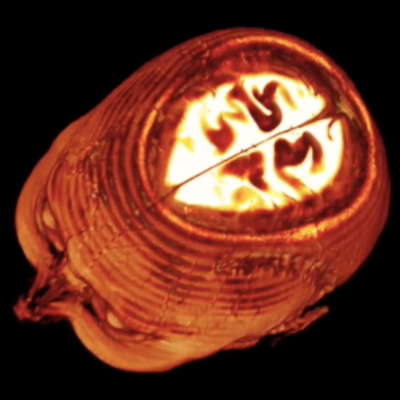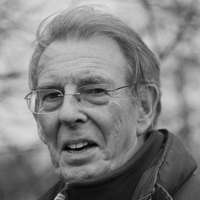- Luciano Pavarotti
- Tafreshipour
- Castelnuovo-Tedesco
- funding
- Sergei Lyapounov
- Rossini: Otello
- Rebecca Bottone
- Jacques Lee Wood
 DISCUSSION: Composers Daniel Schorno and John Dante Prevedini discuss creativity, innovation and re-invention with Maria Nockin, Mary Mogil, Giuseppe Pennisi and Roderic Dunnett.
DISCUSSION: Composers Daniel Schorno and John Dante Prevedini discuss creativity, innovation and re-invention with Maria Nockin, Mary Mogil, Giuseppe Pennisi and Roderic Dunnett.
PROVOCATIVE THOUGHTS: 
The late Patric Standford may have written these short pieces deliberately to provoke our feedback. If so, his success is reflected in the rich range of readers' comments appearing at the foot of most of the pages.
Antony Hopkins
The English radio broadcaster, composer, conductor, lecturer, pianist and writer Antony Hopkins, who referred to himself as 'a sort of musical odd-job man', was born in London on 21 March 1921 as Ernest William Antony Reynolds. He was adopted by a master at Berkhamsted School following the death of his father, and his surname changed to Hopkins.
He went to the Royal College of Music in 1939, and after a wasted first year, studied with Cyril Smith. He won two top awards, the Chappell Gold Medal for piano and the Cobbett Prize for composition. Later he received a CBE in 1976.
He was best known for his BBC radio programmes Talking About Music, influencing a whole generation of musicians and composers, and for a series of books on musical analysis.
His compositions include the operas Lady Rohesia (1947), The Man from Tuscany (1951) and Three's Company (1953), the musical Johnny the Priest (1960), the ballet Café des Sports, and Scena for soprano and strings.
A gift for writing incidental music led to many commissions for radio, theatre and cinema, including the films Here Come the Huggetts (1948), The Pickwick Papers (1952), Cast a Dark Shadow (1955) and Billy Budd (1962).
Hopkins died on 6 May 2014, aged ninety-three.

